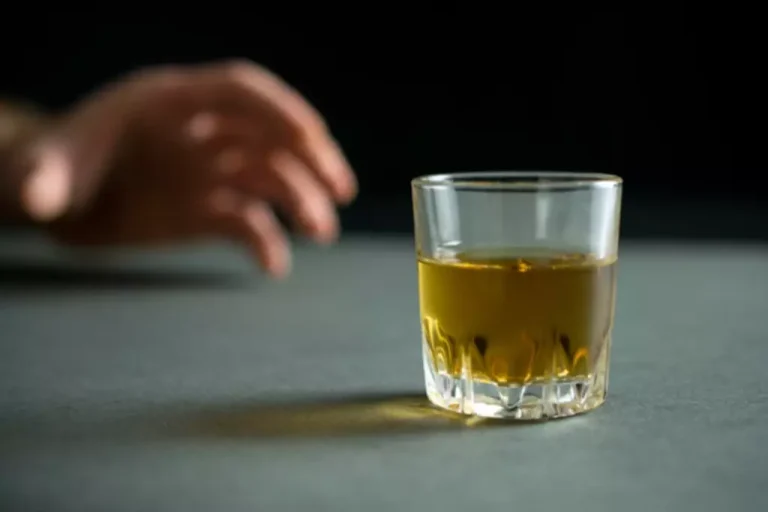
Taken together, these findings indicate that CBT-I may improve sleep and quality of life of recovering alcoholic patients. Studies are needed to compare the efficacy of pharmacological and nonpharmacological interventions for sleep in early alcohol recovery, both alone and in combination. Potential moderators and mediators of treatment outcome, including demographic, clinical, and physiological measures of alcohol dependence need to be considered to identify which alcoholic patients are does alcohol help you sleep most in need of adjunctive sleep treatment. Various hormones secreted by the pituitary gland in the brain also show circadian variations, with secretory peaks occurring during the usual sleep period.
- At least in the case of alcohol, these consequences appear to be due to direct effects on the central clock (44, 53, 54).
- Researchers have investigated the interactive effects of alcohol with other determinants of daytime sleepiness.
- Differences in activity in the fast frequency bands (beta and gamma) duringsleep between alcoholics and controls are less consistent.
- Moreover, treating insomnia in the alcoholic patients requires special consideration because of the abuse history and potential for overdose with some pharmacological agents when mixed with alcohol.
Mind Matters: How do Drugs Work on the Brain?
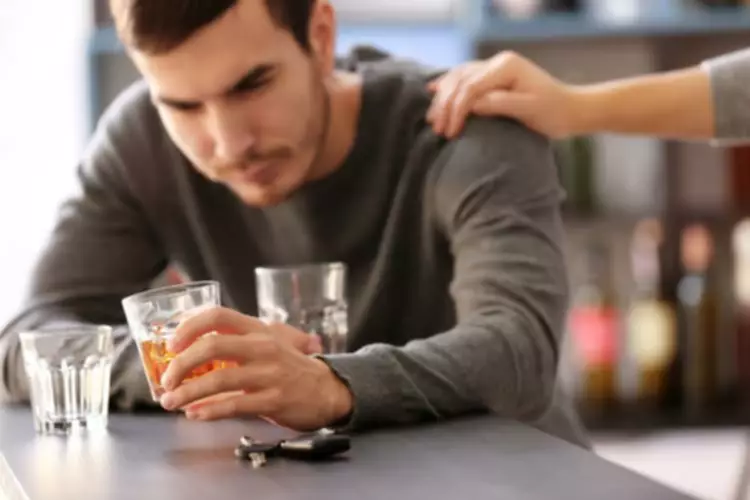
First, in healthy people, sleep latency and sleep efficiency are already optimal, and further improvement is difficult to demonstrate. Consequently, as previously noted, alcohol’s effects on measures of sleep induction and maintenance in healthy people are minimal and inconsistent. Second, the doses used in sleep studies are generally much larger (i.e., resulting in BrACs greater than 0.05 percent, which corresponds to more than three drinks) than the doses that insomniacs typically report using (i.e., one to two drinks).
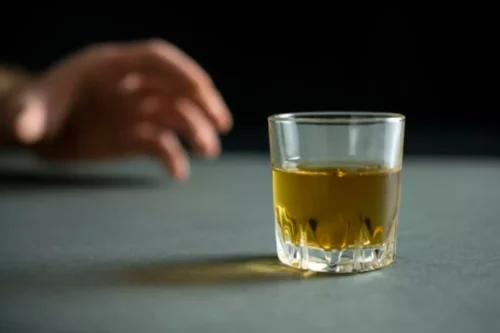
Alcohol and sleep I: effects on normal sleep
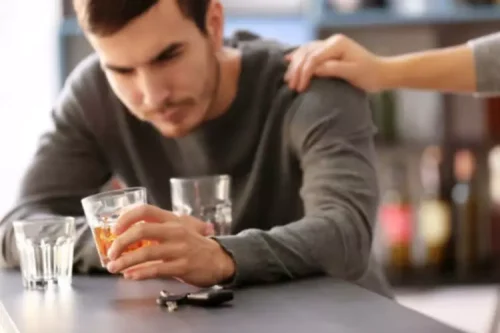
Targeting insomnia during recovery from alcohol dependence may thus improve treatment outcome for the alcoholic patient. Alcohol initially acts as a sedative, increasing the proportion of deep sleep at the beginning of the night. However, as the alcohol’s effects start to wear off, the body spends more time in light sleep, which is not as sound and may lead to more nighttime awakenings. As a result of these frequent awakenings, people tend to clock fewer hours sleeping after drinking alcohol. Although consuming alcohol before bedtime helps you fall asleep faster, the popular beverage negatively affects overall sleep quality.
- Effects of an acute pre-bedtime dose of alcohol on sleep have been extensivelystudied although methodology has varied greatly between studies in terms of dose and timingof alcohol administration, age and gender of subjects, and sample size.
- Based on the current evidence, we will suggest clinical guidelines for assessment and treatment of patients who have some combination of substance abuse and sleep and/or circadian disturbance.
- However, alcohol does not appear to exert its sedative and REM-suppressive effects through the same mechanism (e.g., glutamate inhibition), because both effects can be experimentally dissociated.
- Alcohol initially acts as a sedative, increasing the proportion of deep sleep at the beginning of the night.
- Among the problems with sleep in chronic cannabis users is the presence of strange dreams 44.
Tonic and Phasic Periods of REM Sleep
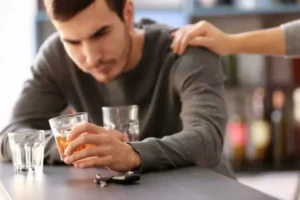
This effect results from the body’s adjustment to the presence of alcohol during the first half of the sleep period in an effort to maintain a normal sleep pattern. Once alcohol is eliminated from the body, however, these adjustments result in sleep disruption. This hypothesis is supported by the known rate of alcohol metabolism, which leads to a decrease in BrAC of 0.01 to 0.02 percent per hour. This review provides a qualitative assessment of all known scientific studies on the impact of alcohol ingestion on nocturnal sleep in healthy volunteers. At all dosages, alcohol causes a reduction in sleep onset latency, a more consolidated first half sleep and an increase in sleep disruption in the second half of sleep.
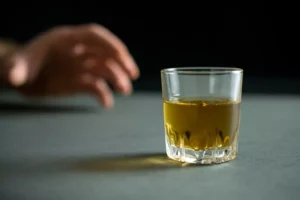
Relation of Nocturnal Sleep to Daytime Alertness
- The results indicated that the level of sleepiness or alertness at the time of alcohol administration altered alcohol’s subsequent sedating and performance-disrupting effects.
- Alcohol leads to presynaptic release of GABA in thebrainstem and spinal cord (Kelm, Criswell, and Breese2011) and thus, it is reasonable to hypothesize that this sequence plays a rolein alcohol’s suppression of REM sleep in the context of high doses of alcohol.
- As alcohol is metabolized and any of its sedative effects dissipate, the body undergoes what scientists call a “rebound effect.” This includes a move from deeper to lighter sleep, with more frequent awakenings during the second half of the night.
- Based on the 24-hour ethanol levels within the SCN and periphery, peak consumption and peak alcohol levels both occurred during the dark phase, particularly during times overlapping with the phase-delay portion of the light phase-response curve.
- There have been comparatively few studies of nonpharmacological sleep treatments in patients recovering from alcohol dependence.
- To date, researchers have not determined conclusively whether alcohol affects prolactin release.
As we grow older, we may experience increased difficulty sleeping due to medical issues or hormonal changes, which include insomnia, pain, sleep apnea, or menopause for women. With its restorative powers and ability to boost the immune system, sleep is a critical component of our overall health. While the recommended amount of sleep for adults is between seven and nine hours per night, 25.5% of women and 22.6% of men 65 and older sleep less than seven hours per night. It’s important to consider the substances we expose ourselves to daily, as many of these can negatively impact our sleep. Proceed with caution when drinking before bedtime, as alcohol may be affecting your sleep more than you realize.
Mind Matters: How Does Marijuana Affect Your Brain and Body?
This may be especially true if you drink alcohol to help you fall asleep faster, and then experience disrupted sleep later in the night without realizing it. Since even small amounts of alcohol can affect your sleep, the overwhelming consensus in the medical community is that alcohol is not an appropriate sleep aid. During a normal night of sleep, we cycle through periods of light sleep, deep sleep, and rapid eye movement (REM) sleep. Each sleep stage plays an essential function, but deep sleep and REM sleep are considered the most important stages for physical and mental restoration. Alcohol potentially causes a shorter overall sleep time and disrupted sleep, which lead to next-day fatigue and sleepiness.
As mentioned earlier, the identification and recognition of sleep disorders have sensitized clinical researchers to the importance of sleep quantity and continuity for optimal daytime alertness and performance. In healthy people, even relatively minimal (i.e., 1 to 3 hours) reductions in nocturnal sleep time for a single night can reduce alertness and performance efficiency during the following day. Similarly, a disruption of sleep continuity by auditory stimuli, without reductions in overall sleep time, results in reduced alertness and performance efficiency in healthy people (Roehrs et al. 2000a). This fragmentation of sleep continuity is characterized by increased amounts of stage 1 sleep and brief awakenings. For instance, we used self-reported alcohol consumption data and self-reported sleep data and therefore these measures may be at risk of reporting bias. The population may not be representative of all older adults in the UK and it is unlikely that the full spectrum of drinking behavior is represented.

Leave a comment